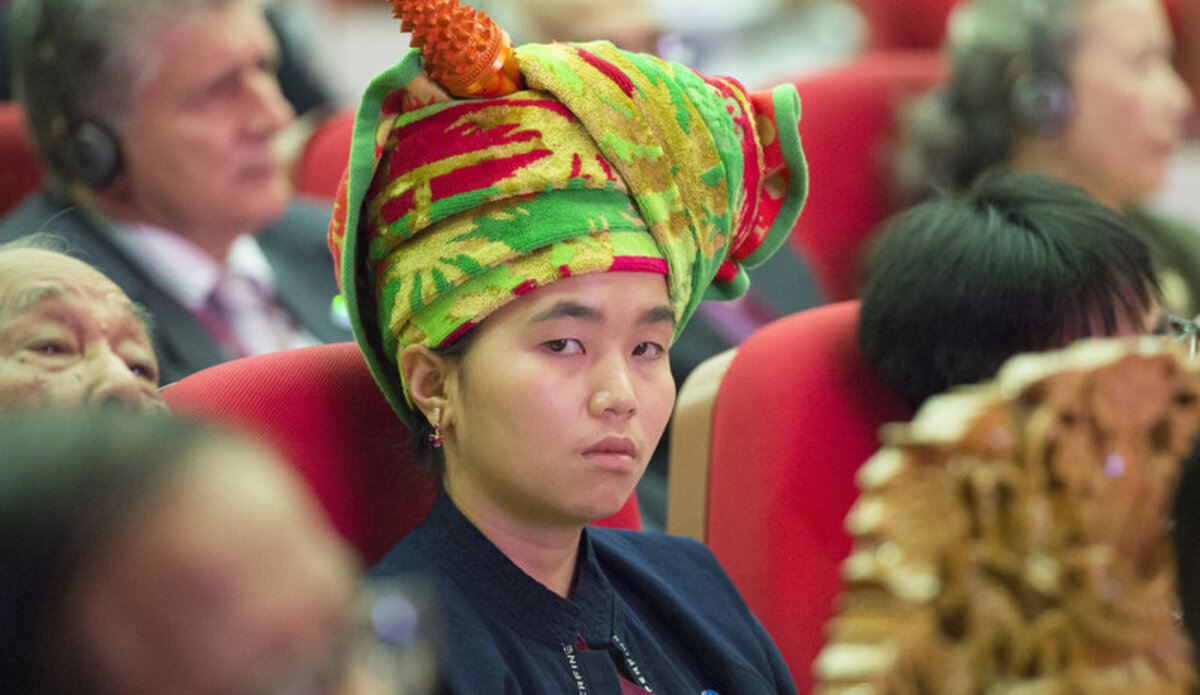Cyclone Nargis, which hit Myanmar in May 2008 was one of the largest disasters that affected Myanmar and claimed the lives of tens of thousands of its people, with millions severely impacted by its devastating effects. Despite the initial obstructions posed by the military Government, the Secretary-General was able to reach out to the country’s leadership and persuade them to welcome large-scale humanitarian assistance and in tripartite cooperation with ASEAN and the UN, to allow international humanitarian organizations to set up logistics operations to deliver supplies to the most affected areas. This disaster highlighted the need to strengthen our partnership with regional organizations and to work with Governments to create an adequate operating environment for continuing cooperation and effective humanitarian support to the peoples of Myanmar.
With the coming into effect of the 2008 constitution, and the opening by the country of its doors to democratic reforms, the role of the Secretary-General’s good offices began to evolve from its earlier one of critiquing the unrepresentative military regime into one of engagement, encouragement and support for reform, reconciliation and democratization. Even though the democratization process remains a work-in-progress, much credit is due to the people of Myanmar for their achievements thus far and to the administration of President Thein Sein, who ushered in the reform process with the election of a civilian government after the 2010 general election.
The landmark elections of November 2015 has transformed Myanmar's political landscape by bringing Daw Aung San Suu Kyi and her National League for Democracy Party into power. As the new government, which assumed power in April 2016, embarks on a process of national reconstruction as well as a revived national political dialogue process with various ethnic armed groups and others to unify the country, it faces major challenges in confronting entrenched attitudes, especially in Rakhine, and meeting the heightened expectations of its people. It is widely recognized that the momentous political and socio-economic changes taking place in the country can be consolidated only if it is based on the foundations of inclusiveness, tolerance and respect of human rights for all, regardless of race, ethnicity, religion or gender, where no one is marginalized, discriminated against or left behind. The Secretary-General will continue to make his good offices available to Myanmar as it moves strenuously ahead to make the peace process more inclusive, improve the lives of its peoples and secure greater empowerment to them.

